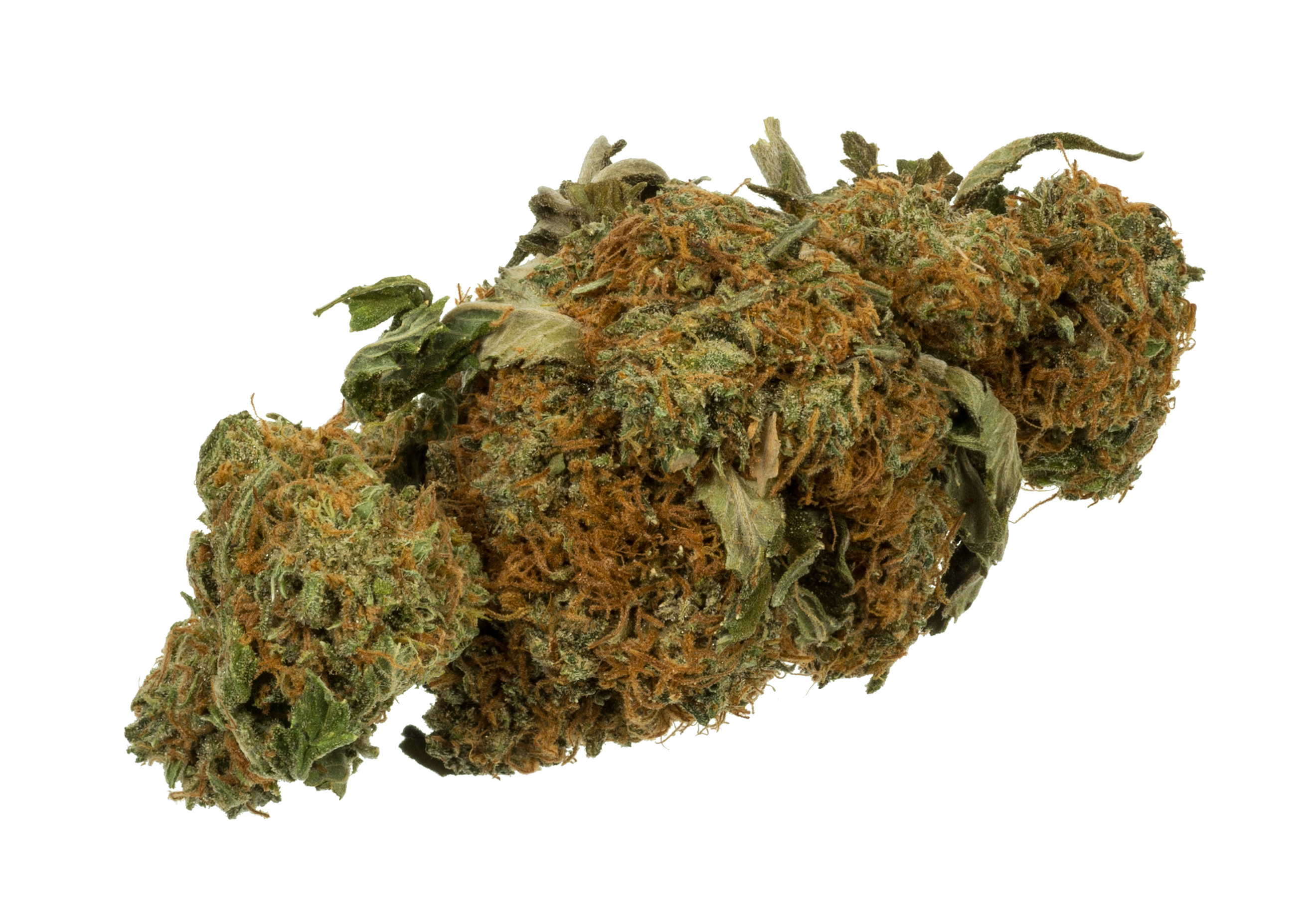Issue 5 on the November ballot purports to be about providing medical marijuana to sick and dying patients. We have discussed at length how the list of qualifying medical conditions is written so broadly that just about anyone who wants to use marijuana may qualify to do so. However, one of the more specific qualifying medical conditions may not actually be treatable by marijuana, according to medical professionals: Glaucoma.
In its official position statement on marijuana, the American Glaucoma Society acknowledges that studies show a correlation between marijuana use and decrease in intraocular pressure (IOP)–a risk factor for glaucoma and a cause of damage for patients suffering from glaucoma.
However, those studies also found that while marijuana use may decrease IOP, it must be consumed at a level that renders it virtually impractical as a treatment.
Research indicates that marijuana’s effects as glaucoma treatment are short-lived, lasting no more than 3-4 hours. According to the AGS, glaucoma patients self-medicating with marijuana would be forced to consume marijuana every 3 hours–24 hours a day, 7 days a week. In the middle of the night; in the middle of a day at work; it would not matter. For marijuana to be an effective treatment it would have to be consumed upwards of 8 times a day.
The American Glaucoma Society’s answer is simple:
“Although marijuana can lower the intraocular pressure (IOP), its side effects and short duration of action, coupled with a lack of evidence that its use alters the course of glaucoma, preclude recommending this drug in any form for the treatment of glaucoma at the present time.”
The Glaucoma Foundation, a separate group, voiced concerns in 2010 that marijuana’s reduction in blood pressure could actually damage the optic nerve. This drop in blood pressure, incidentally, has also been cited as a cause of stroke among marijuana users.
If marijuana proponents were actually concerned with medicine and compassionate care, they would follow the medical community’s advice: Lobby Congress to reschedule marijuana so that it can be tested; its medicinal properties (if there are any) extracted or synthesized; and the FDA and doctors prescribe appropriate treatment and dosing. That’s the responsible thing to do.
This measure potentially endangers patients’ health by authorizing marijuana use for a medical condition doctors say it should not be used to treat. To say the least, that is a very serious flaw.


